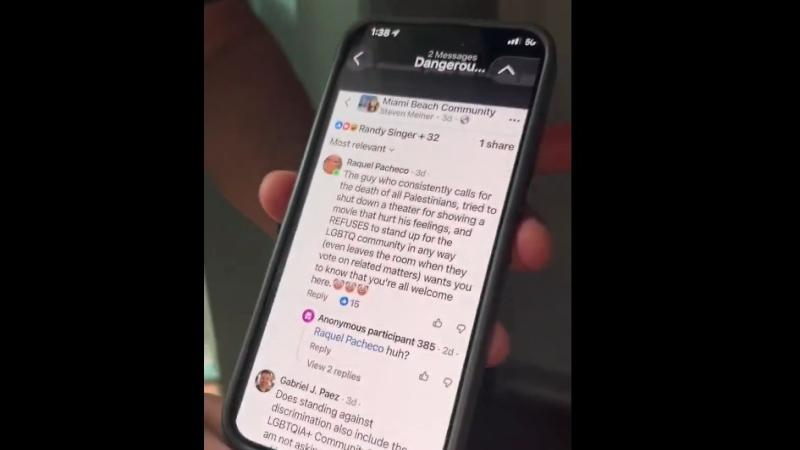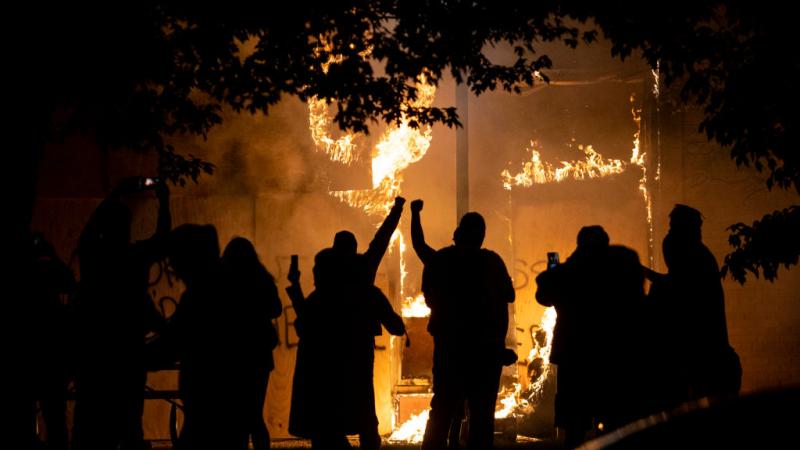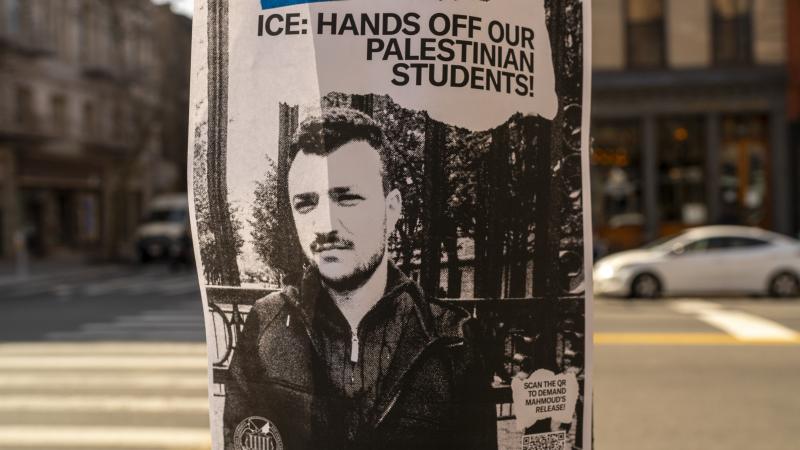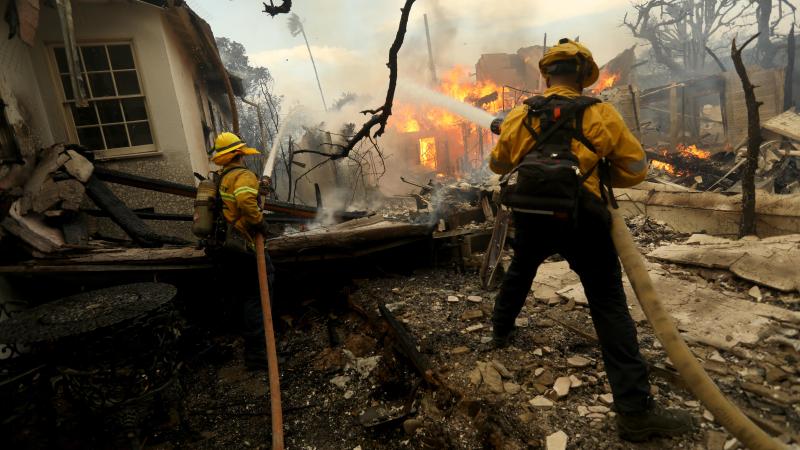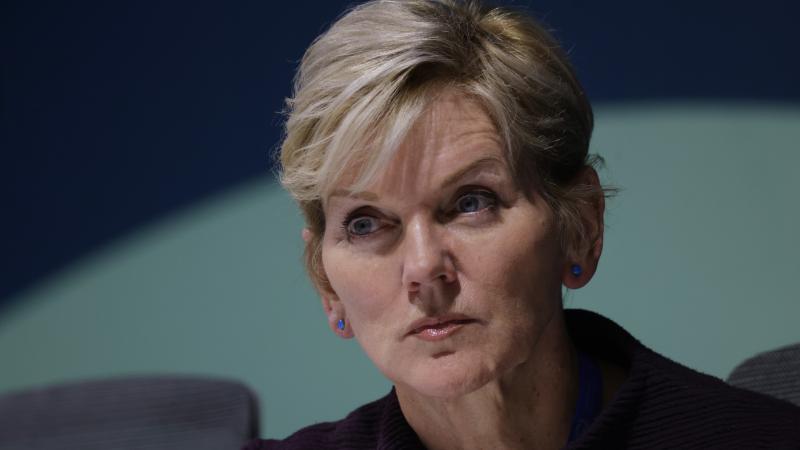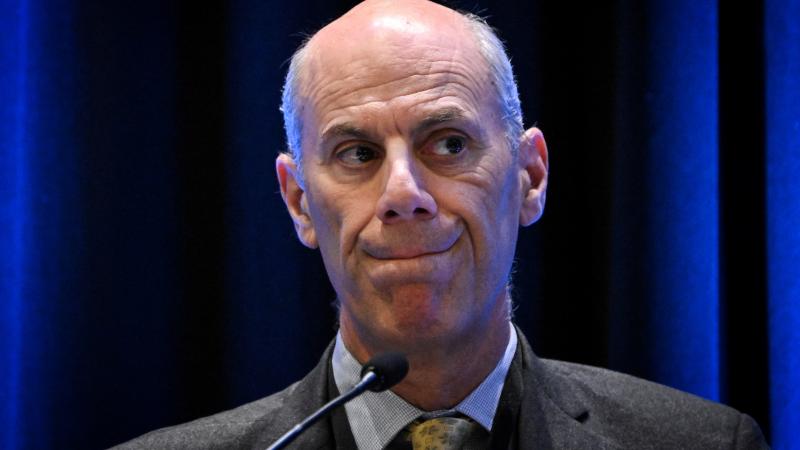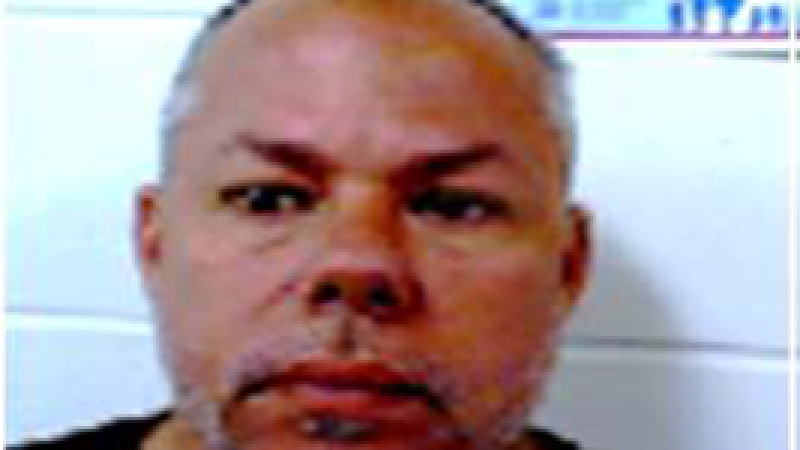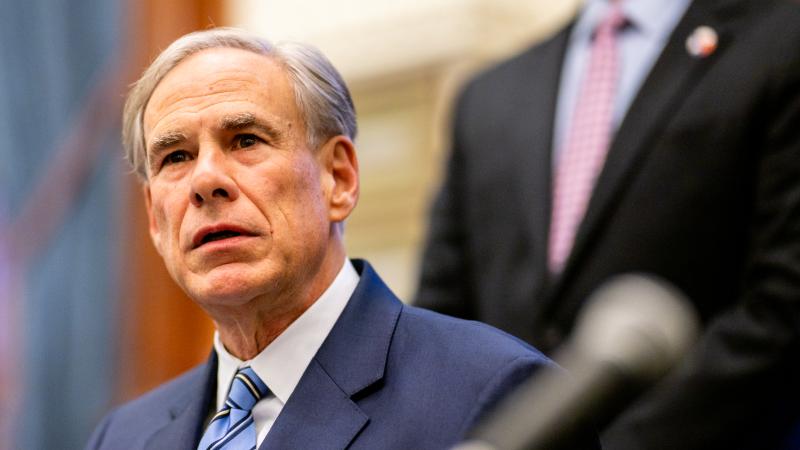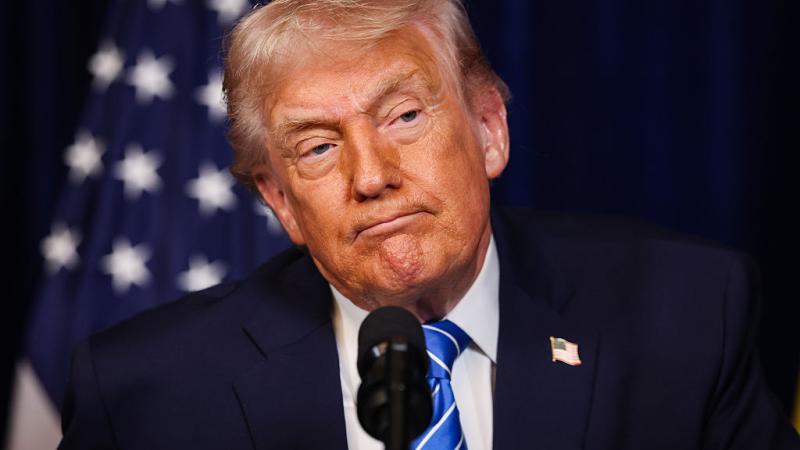After SCOTUS ignores 'only two genders' censorship, appeals court upholds 'Let's Go Brandon' ban
Divided 6th Circuit panel created two splits with other appeals courts, which invites SCOTUS review, on how to treat "political speech expressed through facially non-obscene apparel" and "ambiguously lewd" speech, dissent says.
Five months after Supreme Court justices Samuel Alito and Clarence Thomas blasted their colleagues for refusing to review a ruling against a student punished for wearing an "Only Two Genders" shirt to school, a second federal appeals court has blessed another way for schools to clamp down on disfavored messages: the inference of vulgarity.
A divided 6th U.S. Circuit Court of Appeals panel upheld a ban on "Let's Go Brandon" sweatshirts by Michigan's Tri County Area Schools, ruling Tuesday that school administrators' perception that the expression is code for "F— Joe Biden" renders it profane and thus exempt from students' First Amendment rights in schools.
President Trump-nominated Judge John Nalbandian, who appeared to be the swing vote in oral argument, joined with President Clinton-nominated Judge Karen Nelson Moore to apply the SCOTUS precedent Fraser, which upheld a student's discipline based on a "school assembly speech that had a rather elaborate sexual metaphor."
This is despite the duo's admission that "Let's Go Brandon" has "a wide range of meanings" going back to its creation, when NBC Sports reporter Kelli Stavast falsely claimed crude chants against President Biden at a NASCAR race were support for driver Brandon Brown.
"Some saw it as merely a euphemism for what the crowd really said," the majority said. "Others used it as a shibboleth to express antipathy" toward Biden and his policies, and yet others "used it to question what they perceived as liberal bias in the media—based on the theory that NBC had been trying to hide the anti-Biden sentiment on display at Talladega."
The Foundation for Individual Rights and Expression, which represents the anonymous students who wore the sweatshirts, told Just the News it plans to appeal but hasn't decided yet whether to go straight to SCOTUS or seek a full-court 6th Circuit review.
The ruling penalizes a "purposely non-profane euphemism, frequently used in congressional floor speeches," analogous to "heck" and "fudge," FIRE said. It gives school officials "unchecked authority to censor political speech" in the guise of stopping vulgarity.
Dissenting Judge John Bush, another Trump nominee, marveled that his colleagues didn't apply the 1969 SCOTUS precedent Tinker, which protected students who wore black antiwar armbands to school. It held that administrators must reasonably forecast "material and substantial disruption" in order to restrict student speech.
Unlike the all-Democratic nominees of the 1st Circuit, who portrayed the recognition of biological reality in "only two genders" as an invitation to cause disruption in school, Nalbandian and Moore acknowledged Tri County never claimed it feared disruption from the sweatshirts, just that they violated the dress code through implied vulgarity.
"By applying Fraser, the majority ignores what is obvious" to the 1st Circuit in the context of an "ideological slogan" in school – the "only two genders" shirt – and the 2nd Circuit concerning student expression that "criticizes a president" – a shirt portraying then-President George W. Bush as a "chicken-hawk" and former alcohol and drug abuser, Judge Bush wrote.
Though one sided with the district and the other with the student, both appeals courts applied Tinker, Bush said, recognizing that "political speech expressed through facially non-obscene apparel looks much closer" to antiwar armbands than "sexually explicit speech."
His colleagues in fact created two opportunities for SCOTUS review through circuit splits, Bush said. They also expanded Fraser beyond "plainly lewd" to "ambiguously lewd" speech, breaking with rulings against schools in the 3rd Circuit's Easton – a ban on "I [heart] Boobies!" anti-breast cancer bracelets – and 9th Circuit's Chandler, a ban on pro-union buttons.
Replace 'hell' with 'heck' and the 'communicative content is the same'?
Testimony revealed that students had worn apparel endorsing "Make America Great Again," President Trump and "candidates from both political parties" without violating the dress code, showing no viewpoint discrimination by the district, the majority wrote.
They glossed over Tinker as inapplicable because of the "vulgarity exception" in Fraser, reaffirmed in the 2021 cursing-cheerleader precedent Mahanoy, and instead cited the school newspaper censorship precedent Hazelwood that narrowed Tinker, on "the question of who decides" what is profane.
Whether comedian George Carlin's "seven dirty words" or more shrouded expression in school, SCOTUS said possible profanity must be evaluated in light of its "oft-expressed view that the education of the Nation’s youth is primarily the responsibility of parents, teachers, and state and local officials," the duo said, quoting Hazelwood.
Nalbandian and Moore distinguished between "words" and "messages," the latter explicitly used in the dress code. Even if a person swaps in "heck" for "hell," the former's "communicative content is the same even if the speaker takes some steps to obscure the offensive word."
Though Fraser dealt with "pervasive sexual innuendo" that was "plainly offensive to both teachers and students – indeed to any mature person," it applies to any expression that "conveys an obscene or vulgar message" in the judgment of the school, "so long as the decision is not unreasonable," they said.
The 6th Circuit ruling follows close on the heels of others that rejected challenges to school district speech infringements.
U.S. District Judge Paul Maloney dismissed a First Amendment lawsuit by Moms for Liberty member Stefanie Boone against Michigan's Lowell Area Schools related to her social media criticism of the district and attempts to directly contact school staff, two weeks before the 6th Circuit upheld Maloney's approval of the "Let's Go Brandon" ban.
The district didn't actually ban Boone from posting about its employees, just asked her to stop, and a policy requiring her to get permission from the principal or superintendent before contacting school employees is constitutional, Maloney ruled. (A principal had sent her a letter demanding she "cease and desist … any reference" to employees online.)
While granting a preliminary injunction to two boys suing Virginia's Loudoun County Public Schools to overturn their suspensions and disciplinary notations, for objecting to a female who identifies as a boy recording them in the boys' locker room, U.S. District Judge Leonie Brinkema ordered their parents to post a $125,000 bond by Oct. 17.
Their lawyers at America First Legal had touted Brinkema's order without disclosing the context at the hearing that day, entered into the court record Tuesday. Due to "significant weaknesses in aspects of plaintiffs’ allegations," they must put up money so LCPS can recover attorney's fees if it "prevails on dispositive pre-trial motions," Brinkema wrote.
"Title IX Family Advocate" Tumay Johnson is raising money for the families to cover the bond, "in close coordination" with AFL and their other lawyers at Founding Freedoms Law Center. The fundraiser had already exceeded the bond as of Thursday.
Parents Seth Wolfe and Renae Smith "are overwhelmed with the outpouring of love, prayers and support," Johnson wrote Wednesday after Brinkema extended the deadline.
The Facts Inside Our Reporter's Notebook
Videos
Links
- Samuel Alito and Clarence Thomas blasted their colleagues
- student punished for wearing an "Only Two Genders" shirt
- panel upheld a ban on "Let's Go Brandon" sweatshirts
- appeared to be the swing vote in oral argument
- SCOTUS precedent Fraser
- 2nd Circuit concerning student expression that "criticizes a president"
- 3rd Circuit's Easton
- 9th Circuit's Chandler
- dismissed a First Amendment lawsuit by Moms for Liberty
- preliminary injunction to two boys
- America First Legal had touted Brinkema's order
- Tumay Johnson is raising money
